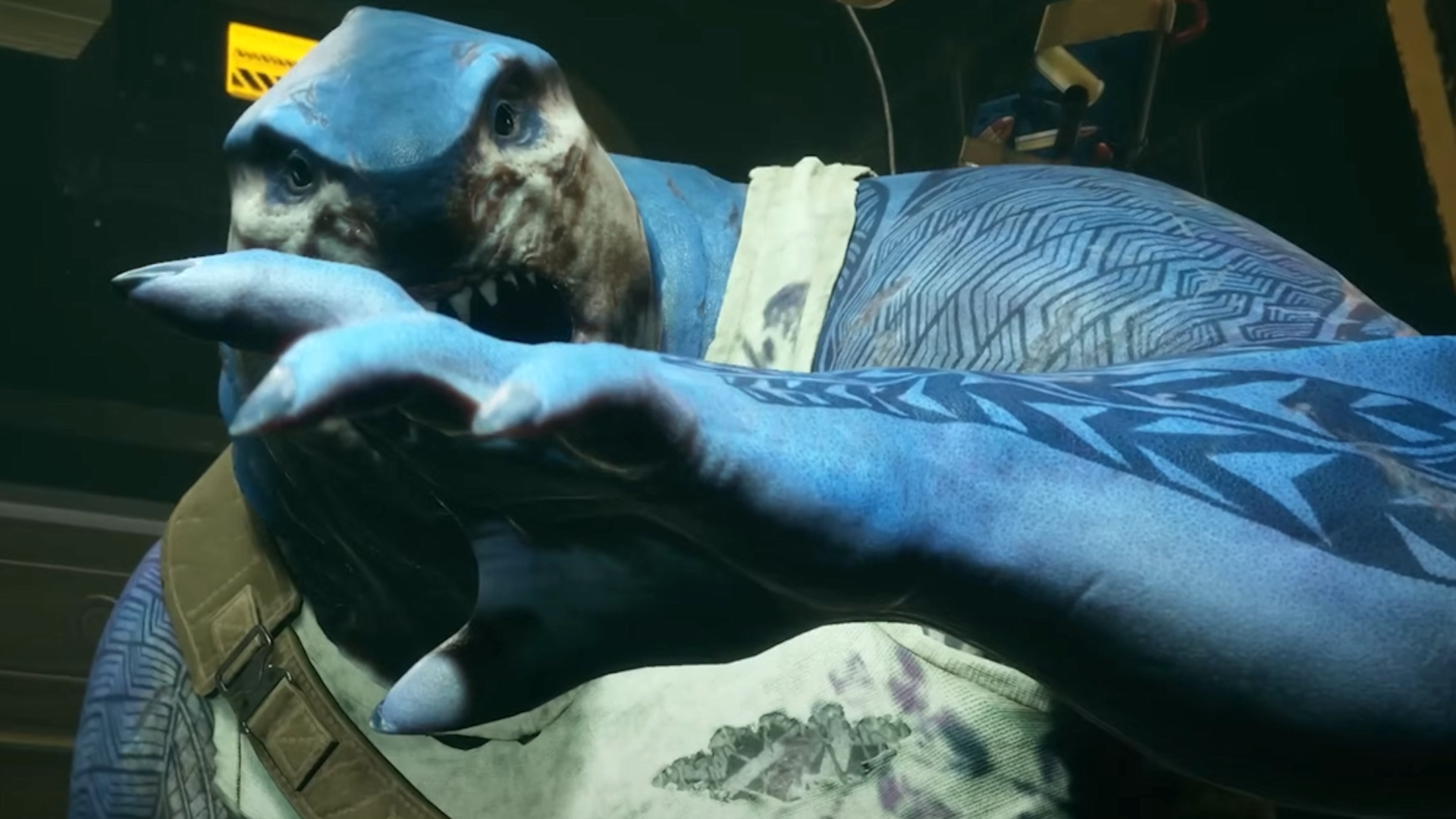Suicide Squad: Kill the Justice League steps on one last rake for the road by sneaking in Denuvo DRM
Whoop, there it is.

I'm genuinely hoping Suicide Squad: Kill the Justice League doesn't sink itself. There is something to be said for live-service fatigue, but I am not immune to the appeal of numbers going up, and it looks like it could conceivably be a good time. Here to punch another hole in my hope-boat is the news that, yeah: the game has Denuvo DRM in it.
As spotted by PCGamesN, the game's Steam Page now lists Suicide Squad: Kill the Justice League as incorporating "Denuvo anti-tamper". SteamDB notes that the change took place January 20.
Denuvo is a notoriously unpopular form of DRM. It's blamed for a swathe of problems from crashes to major performance issues. Conventional wisdom is that Denuvo always makes your games run worse—that's not necessarily always true, as the Denuvo DRM in Final Fantasy 15 was found by DSFix creator Durante to simply add a bump to loading times.
But the accusation isn't always false, either. Resident Evil: Village suffered from a plague of stuttering woes caused by the software—by Capcom's own admission, no less. Even if Denuvo was washed clean of all suspicion from a performance standpoint, its online components can cause incidents, such as a rash of unplayable games in 2021 after a Denuvo domain became "unreachable". Basically: Denuvo causes problems, this much is known.
Despite Rocksteady's promises of an offline mode released after the game's launch, Denuvo remains clinging to the side of titles like an annoying mollusc. I can't say I look forward to us all being forced to put on our detective hats to determine what bits of the game it'll be hamstringing this time.
I suppose I'm just not sure what the point is. DRMs are usually cracked by opportunistic pirates in short order, leaving those saddled with problematic software suffering—all in the name of preventing a theft that's already happened.
Not to mention, Suicide Squad: Kill the Justice League already risks burning up on entry—even if it winds up being a good bit of fun. Rocksteady is already employing some damage control regarding its live service elements. While the studio deserves kudos for being transparent and aware, for a lot of PC gamers that Steam disclaimer will read like a big red cross painted on the game's door—do not enter, plague inside.
Keep up to date with the most important stories and the best deals, as picked by the PC Gamer team.
That being said, studios have removed and added Denuvo about as often as Rocksteady changes Harley Quinn's outfit, with some games even going 'uh, nevermind' before they even launch. Rocksteady can't un-live service its looter shooter, but there's a slim chance it'll walk this back.

Harvey's history with games started when he first begged his parents for a World of Warcraft subscription aged 12, though he's since been cursed with Final Fantasy 14-brain and a huge crush on G'raha Tia. He made his start as a freelancer, writing for websites like Techradar, The Escapist, Dicebreaker, The Gamer, Into the Spine—and of course, PC Gamer. He'll sink his teeth into anything that looks interesting, though he has a soft spot for RPGs, soulslikes, roguelikes, deckbuilders, MMOs, and weird indie titles. He also plays a shelf load of TTRPGs in his offline time. Don't ask him what his favourite system is, he has too many.

